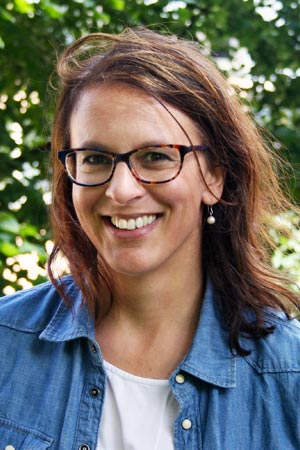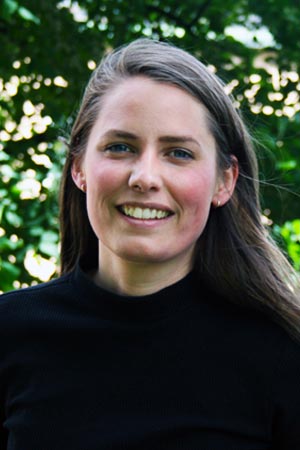Ariane Perras, UQÀM
This report presents the context, the parameters and the results of a study that has been performed as a start-up phase for the Sustainable and Innovative Material Management for Construction in Cities (SIMM-CCities) project. The purpose of the latter project is to establish a Baltic knowledge network that will contribute to the development of a more efficient and sustainable material management system within the different cities and metropolitan regions. In fact, previous studies and projects have pointed out the material management as a major issue that causes several negative impacts on the environment and the society. To improve the current system, the start-up study was meant to provide an overview of the global and local situations concerning material management, in order to give guidelines to the pursuit of the SIMM-CCities project. The study took the form of a questionnaire study; although, the carrying out process, both related to networking and environmental education, also provided important informal results.
Owing to the complexity of the material management system, the current lack of knowledge regarding its structure, as well as the limited time given for the study, only a few filled in questionnaires were collected. However, the study already allowed ensuring the interest of such a project as a possible solution regarding the issue, as the need for more knowledge and an overview was confirmed. It also showed that the encountered problems are certainly shared across the Baltic Sea region, and that the issue could appeal to the interest of the stakeholders who would gather in order to address the encountered problems. In order to develop the desired network, it is suggested to first focus on growing the awareness of the stakeholders by disseminating information on the issue and the project. Meanwhile, a sustained communication must be established to maintain the network. Besides, the collaboration with local key stakeholders is to prioritize, as it should help in reaching more actors and convincing them to take part in the knowledge network.



